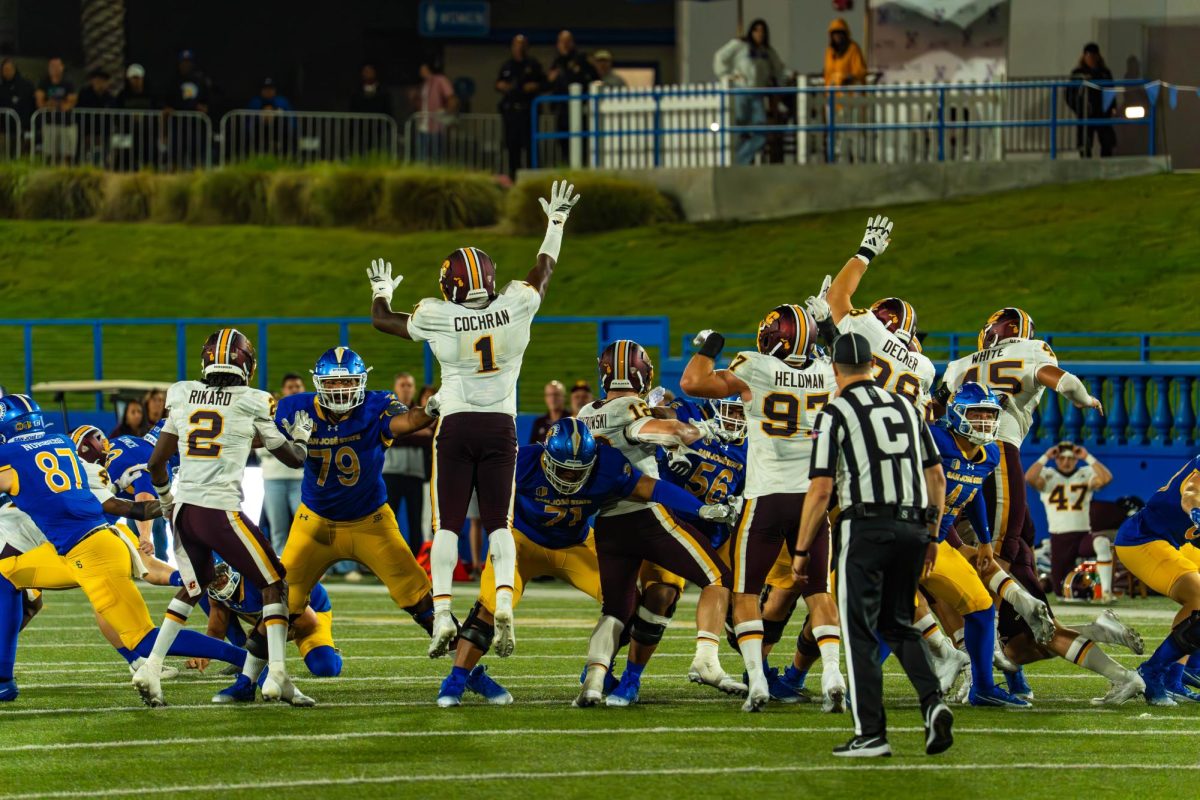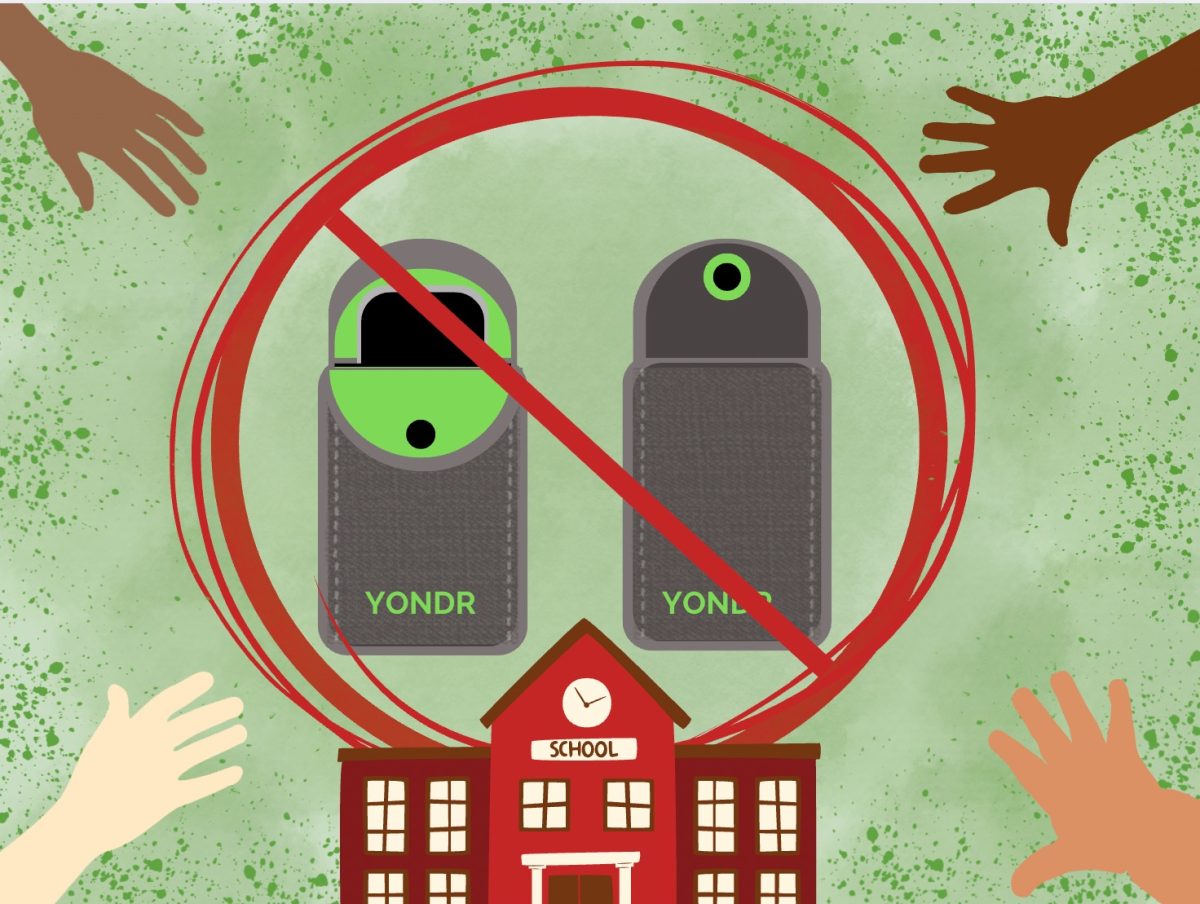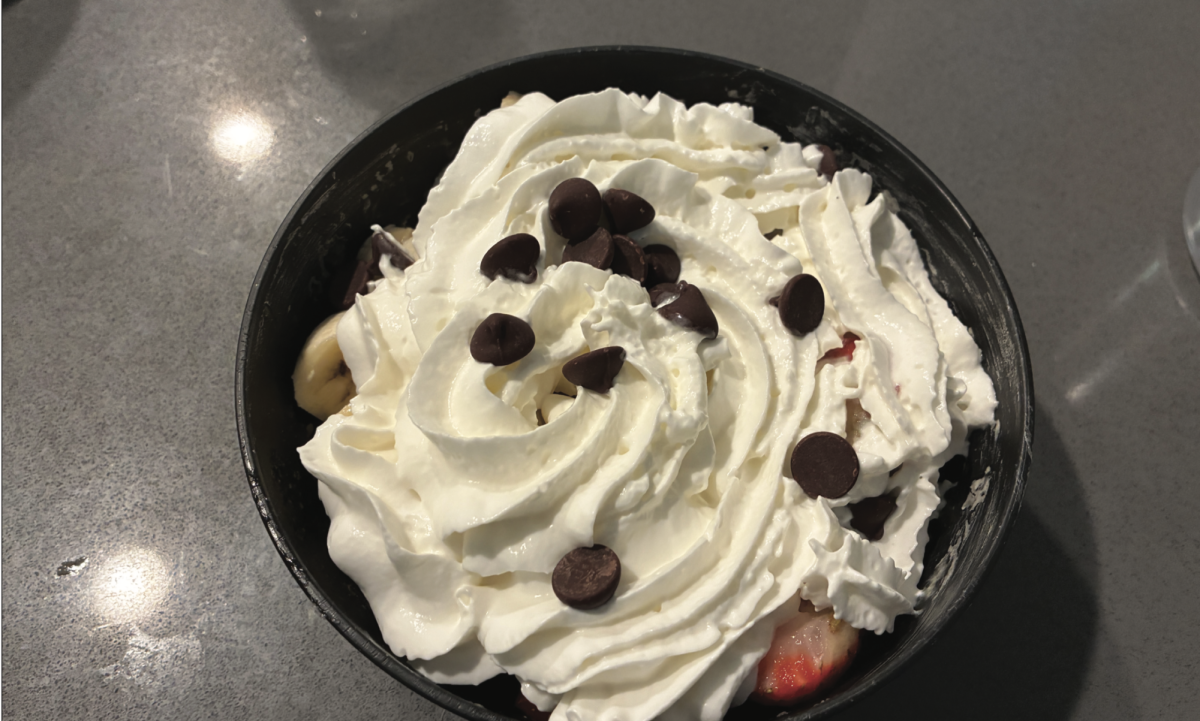By Alyson Chuyang
Staff Writer
Singer-songwriter Ariana Grande has had no shortage of controversy within the past couple of years.
Following an ISIS bombing at her 2017 concert in Manchester, the death of her ex-boyfriend rapper Mac Miller last September and her recent break-up with fiancée Pete Davidson, Grande has been under the constant scope of the media.
In celebration of the singer’s latest hit “7 rings,” Ariana Grande tattooed the phrase in Japanese on her palm – or so she thought.
When Grande posted her new ink on Instagram, her fans in Japan were quick to notice the character did not translate to “7 rings,” as she intended.
Instead, the tattoo translated to “small, charcoal grill.”
Moments later, fans’ reactions poured in across all social media platforms.
Fans responded to the linguistic blunder with an array of tweets, video commentary and humorous memes.
TMZ tweeted that someone had supposedly offered Grande $1 million to have the tattoo removed. Grande declined and tweeted to TMZ, “I’ll give y’all a million to get off my nuts.”
Grande elaborated on the incident in another tweet, saying “Indeed, I left out “つの指” which should have gone in between…It hurt like f**k n still looks tight. I wouldn’t have lasted one more symbol lmao. But this spot also peels a ton and won’t last so if I miss it enough I’ll suffer thru the whole thing next time.”
Grande went back to fix her tattoo, but the procedure only altered the original translation from “small, charcoal grill” to “Japanese BBQ finger,” according to Harper’s Bazaar.
Grande’s explanation was something to the effect of her admiring the look of the characters without giving much thought to what the actual translation was.
“When people use another culture as an aesthetic and only an aesthetic, it’s disrespectful, and unless you can face scrutiny about it and actually understand what you’re putting on your skin, it’s best to avoid it,” said fourth year marketing major Andy Cormier.
Cormier has a minor in Japanese language, and has taken up Japanese as his third spoken language.
He also serves as the general events director for the Japanese Student Society (JSS), which is an on-campus club that focuses on the appreciation of Japanese culture.
“If you’re tattooing it out of respect for the culture or appreciation for something . . . there’s no problem,” Cormier said.
Cormier and the other members of JSS have a strong appreciation for the Japanese culture and understand that even if you are not of Japanese descent, you can still admire and appreciate another culture with respect.
While Grande’s barbecue tattoo is wreaking havoc all across the internet, she is far from an outlier.
Many celebrities have tattooed unintentional phrases in another language on their bodies.
According to Bustle, singer Britney Spears has a tattoo in Chinese characters that reads “strange” instead of the intended word, “mysterious.”
Singer Christina Aguilera attempted to have her ex-husband’s initials tattooed on her arm in Hebrew, yet the actual translation was the number 12.
To Grande’s credit, her fans are well aware she has a long-standing appreciation for Japanese culture in spite of her inability to show it.
Some of the merchandise promoting her winter hit “thank u, next” ran in Japanese text and translated simply to “next.”
Against her non-prejudiced intentions Grande still has had to deal with all of the undue backlash and accusations of “cultural appropriation.”
Despite the accusations, I think Grande has a deep appreciation for the culture.
Grande decided to take this appreciation even further by mixing the English lyrics of her latest hit “7 Rings” with the Japanese character style Kanji.
However, Grande’s critics do make a point. When it comes to putting a language or symbol on your body that does not relate to your own culture, it’s imperative to do your research ahead of time.
Artists and public figures have a history of doing the most harm despite good intentions.
Tattoos are pieces of art that are permanently inked onto one’s body. The process of getting artwork etched onto your body is a significant life choice.
As an Asian-American, I see many non-Asians sporting tattoo symbols and characters that hold importance in their life and as long as they researched and respected the culture, I do not see a problem.
These symbols and characters are meant for cultural expression, and as long as people do some in-depth research about what they could be permanently putting on their body, amazing body artwork can break the barriers.









































